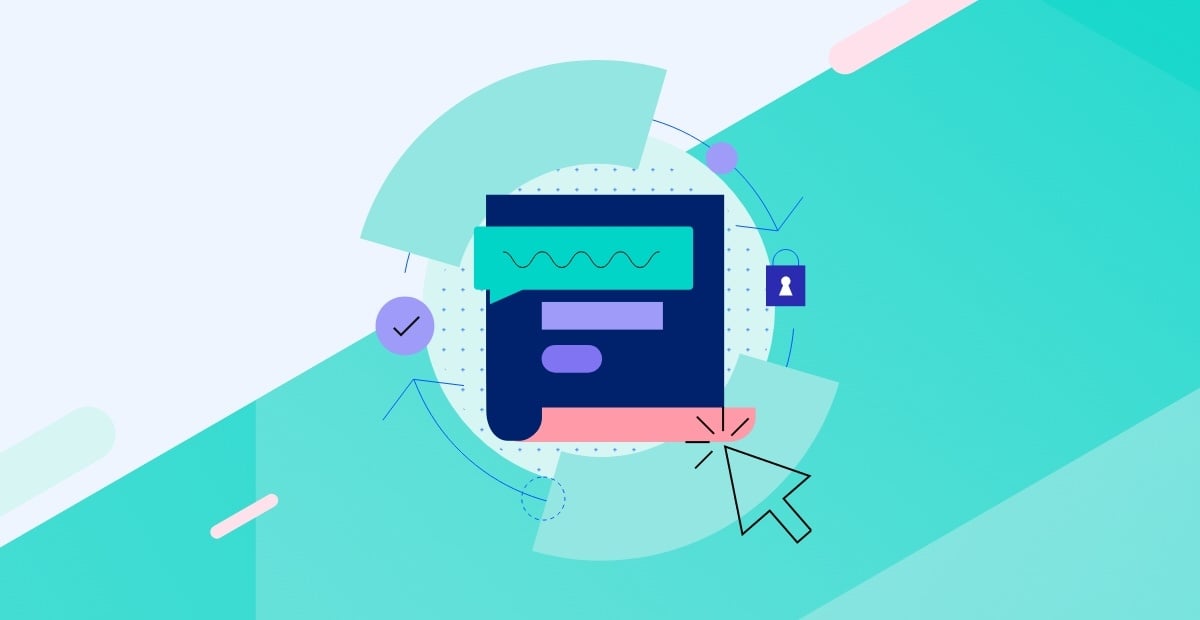Artificial Intelligence for Sysadmins

Artificial intelligence (AI) is on a roll. There's more AI technology and innovation coming into our everyday lives than ever before. It's happening through developments spurred on by 800 pound tech gorillas like Amazon and IBM, and big brands in transportation like Uber and Jaguar. What will AI in the workplace mean for sysadmins?
Before we ponder that further, if you haven't had the time to keep up here are seven recent notches on the artificial intelligence belt...er, chipset.
- Back in 2011, IBM's Watson blew away the human "Jeopardy" champions. IBM is now betting big on Watson once again and cognitive computing opportunities in the health care industry and beyond.
- Following the success of Apple's intelligent agent Siri, Microsoft's Cortana and Google Now, Amazon's Alexa has garnered a loyal following and is enabling a fast-growing ecosystem of smart devices in the home.
- In March 2016, Google's AlphaGo won three out of four Go matches against a top-rated (human) player.
- In May 2016, Microsoft UK's chief envisioning officer, Dave Coplin, told a London gathering that AI is "the most important technology that anybody on the planet is working on today."
- Also in May 2016, Uber announced that its first unmanned ground vehicle, a modified Ford Fusion, would begin testing in Pittsburgh.
- In the UK, Jaguar Land Rover is using its MagneRide platform to identify road hazards and aims to send the data to municipal road crews and other drivers in real time.
- Facebook is using its DeepText AI to analyze Facebook messages in near-real time with a view to refining its content recommendations — and advertising.
Related Article: My Chatbot Called Me Fat
The future of artificial intelligence certainly seems rosy. Peter Norvig, research director at Google, agrees. He also notes that the evolution of AI over the last thirty years has also led to improved quality of life for those working in the field. "We [in AI] rely on machine learning rather than the blood, sweat and tears of graduate students," he says.
But some worry that, rather than salvation, artificial intelligence could mean slavery for IT pros — or worse, it could send us all to the soup kitchen.
Future Artificial Intelligence Through a Network Lens
As with many disciplines today, AI has numerous subspecialties. These include machine learning (exemplified by AlphaGo) and intelligent agents (such as Alexis, Cortana, Siri and Google Now). And also natural language understanding technologies, which underpin search as well as interactions between intelligent agents and people.
Each of these specialties is evolving, accelerating the connection between AI and the Internet of Things. The result? A powerful, silent force driving intelligent machine-to-machine communication that could potentially usher in a new age of transhuman evolution. More modestly, it could put some IT pros out of work.
Related Article: Intelligent Systems Are Here – Are You Ready?
Dr. Leo Obrst, chief scientist for cognitive science and AI at MITRE, is a three-decade veteran of AI's changing fortunes. Despite its occasionally checkered past, Obrst anticipates an AI future filled with fruitful "models, models, models." He writes that future IT pros will inhabit a world in which "there are no human-programmed programming languages." The models that will supplant what we think of as system building blocks in 2016 will be replaced by flavors of models: ontological models, knowledge models, belief models, application models, presentation models and target platform models.
Tomorrow's IT pros will orchestrate how models interoperate to solve organizational challenges. There will be dominant models, advanced by companies such as Microsoft and Facebook, and perhaps open models built on Wikipedia-like principles, such as the Ontology for Drug Discovery Investigations.
Obrst clearly sees a more dynamic, pervasive role for information systems that are self-aware, knowledge-acquiring systems of systems. Himself a poet, Obrst believes there will be room for creative types to interact with these systems.
Swarm and Buzz
Tomorrow's IT pros will be curators of algorithms and a complex lattice of rules, patterns and inference engines. There may still be switches and server racks humming in the background, but sysadmin work might be nearly unrecognizable from what it is today.
Sysadmins will be the overseers of self-learning, self-tuning software, which will run autonomously on beefy server farms. Remember that AlphaGo ran on a network running on 170 CPU cards and 1,200 CPUs. Autonomous, self-managed networks will prevail. Sysadmins will deal with exceptions, new network technologies, new device intelligence and resilience.
Above all, sysadmins will be responsible for human-computer and organization-computer interactions. They will not only use virtual reality; they will create application-specific "realities" for employers, customers and agents.
Intelligent systems are here to stay. The question is whether today's sysadmin will be part of the fast-changing game, or whether they'll be left watching from the sidelines while bots, drones and network agents swarm and buzz around them.
